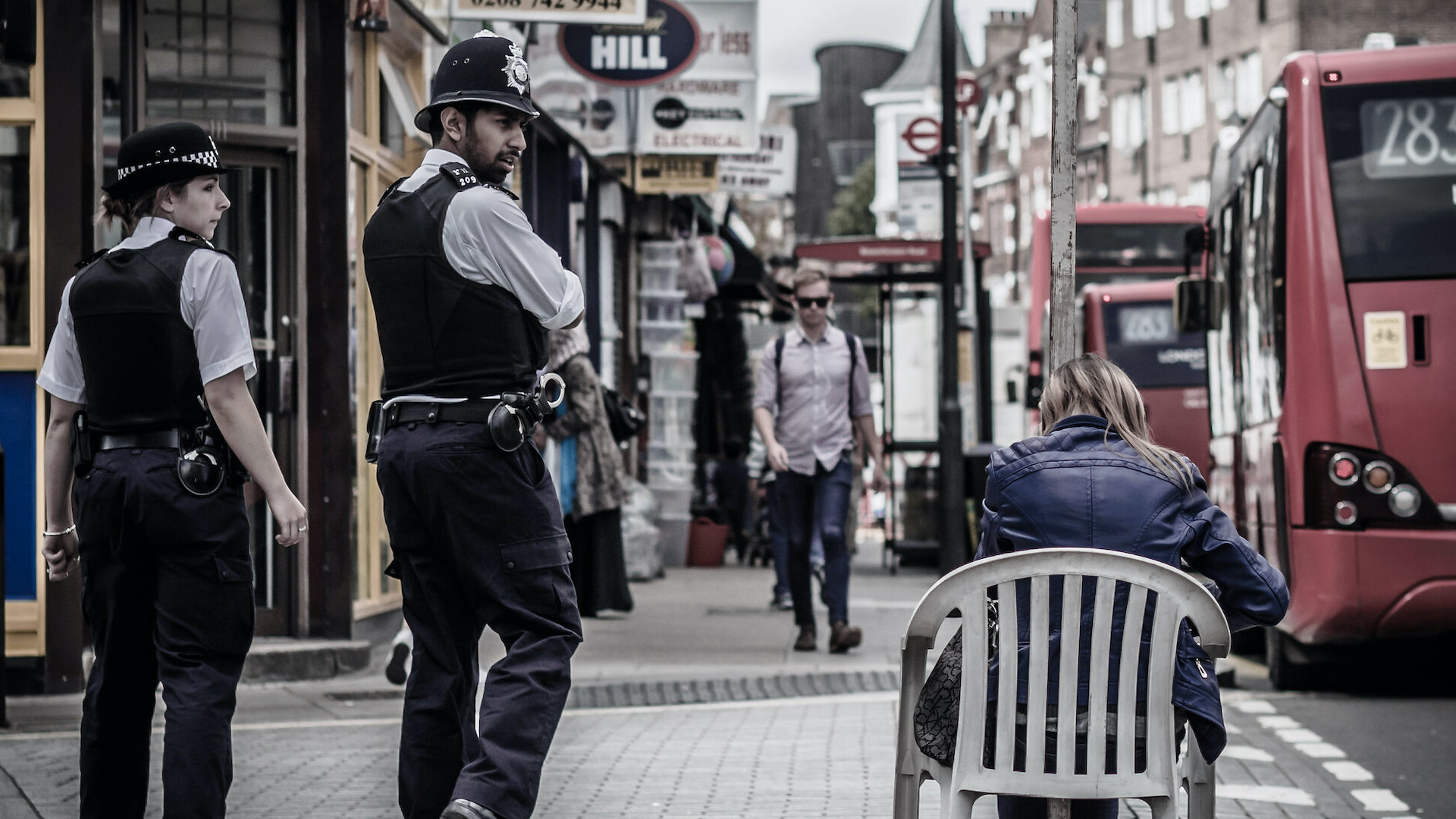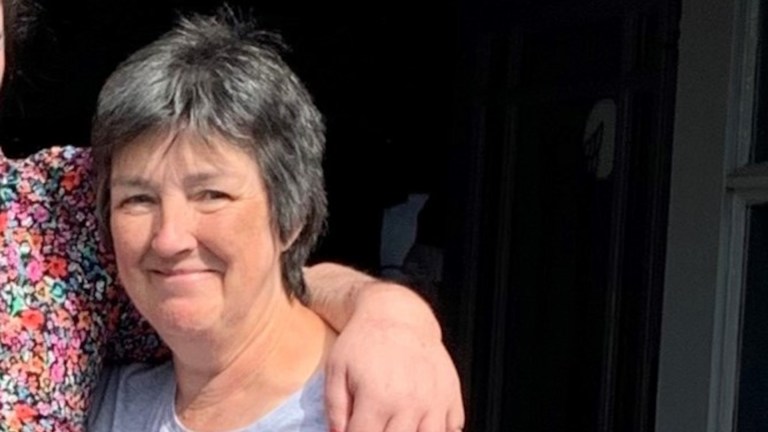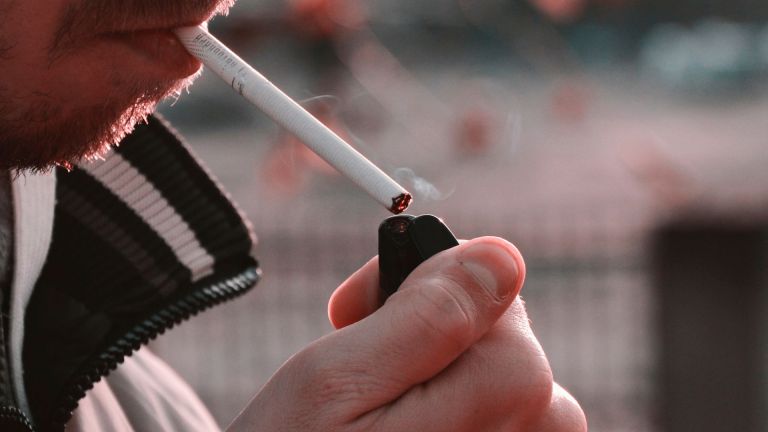The legislation also expects people to have the presence of mind to distinguish between public and private land while facing crisis and struggling to find somewhere safe to stay.
“It could be doorways, people’s drives, any kind of farmland,” Cartridge said. “Lots of land that many of us would assume is public actually is not. Housing estates, for example, are often owned by the property developers, so it’s their land.
“It’s anything that isn’t owned by local or central government, basically. That leaves people with fewer options than you might think. It applies to an awful lot of areas.”
The bill also threatens to disproportionately impact workers in the gig economy. Delivery drivers, many of whom have no recourse to public funds due to their immigration status and so are refused help to find housing, often sleep in their vans or with their scooters in encampments, Cartridge explained. After a year in which casual delivery workers kept much of the country going under high-risk conditions, the new law could let police remove both their shelter and their means of earning a living.
“A Conservative party manifesto commitment, to deal with Gypsy, Roma and Traveller encampments, is at the root of this part of the bill,” Cartridge told The Big Issue. “That’s why they’re bringing it in.”
It means the law could not only push people deeper into homelessness, but create new homelessness – despite this government’s commitment to ending rough sleeping – as police are handed powers to seize vehicles from travellers. Research by charity Friends, Families and Travellers, published in January, showed nearly 1,700 households were on waiting lists for 59 permanent pitch sites.
A government spokesperson told The Big Issue: “The offence in the policing bill applies only to those residing on, or intending to reside on, land with a vehicle who cause significant damage, disruption or distress.
“Our Homelessness Reduction Act has already helped nearly 350,000 households into more permanent accommodation and we’re investing £750 million over the next year alone to tackle homelessness and rough sleeping.”
Explanatory notes written by the government about the policing bill as it stands say it’s not designed to catch rough sleepers. “But once it’s a bill, it can be used in any way the police want to in a few years’ time,” Cartridge said. “That’s the concern.
“The Vagrancy Act shows us how long something can be on the statute book and keep putting people in harm’s way.”
It could send people into a really damaging vicious circleRob Cartridge
The act, passed in almost 200 years ago in 1824, makes it a criminal offence to beg or be homeless on the street in England and Wales, putting rough sleepers at risk of costly fines and criminal records.
Earlier this year Robert Jenrick, the UK’s housing secretary, said it should be “consigned to history” and that the current government intends to scrap the law, to be replaced with “modern” legislation.
But even if that goes ahead – there is still no timeline for repealing the act – ministers risk “replacing one poorly worded piece of legislation with another,” Cartridge said, as the policing bill gathers pace. “It seems deeply ironic, and unfortunate, that it could negate the benefit of getting rid of the Vagrancy Act.
That this part of the legislation is driven by a Conservative party manifesto will likely make it more difficult to oppose section four of the bill before it is passed into law, Cartridge said. “Homelessness is rising, this could just exacerbate it more,” he added. “It could send people into a really damaging vicious circle.”
The Big Issue has approached the government for comment.









